
Ex-Peru President, Francisco Morales Bermudez, dead at 100
The former army general and President, responsible for the return of democracy to Peru as well as being convicted of war crimes abroad, died last Thursday.
Former army general and ex-President of Peru, Francisco Morales Bermudez, responsible for paving the way for Peru’s return to democracy as well as convictions of war crimes abroad, passed away at 100 last Thursday night, July 14, in the Peruvian capital of Lima. His son, Remegio Morales confirmed the news to the Associated Press on Friday. Morales Bermudez’ funeral will be held at a church near the former President’s home where he personally attended mass each Sunday.
Born in the capital of Lima on Oct. 4, 1921, Morales Bermudez hailed from a political family. The grandson of former President Remigio Morales Bermudez, who led the country from 1890 to 1894, and the son of an army colonel, Remigio Morales Bermudez, who was murdered by political radicals when refusing a kidnapping attempt in November, 1939.
This was just months before Francisco Morales Bermudez attended the Chorrillos Military Academy, where he graduated as Second Lieutenant in 1943.
Despite his involvement in the bloody coup led by General Juan Velasco in 1968, that saw Velasco become a dictator and the exodus of various political leaders and journalists, Morales Bermudez returned the favor with a bloody coup of his own in August 1975 to replace Velasco, who was expected to keep Peru under dictatorship for 20-30 years.
One of his first acts was to allow back all those who were exiled out of Peru under Velasco and began the government’s transition back to democracy. His government, however, still warned that they would deal harshly with those “impeding the objectives of the revolution.”
With economic recovery and a plan to get the country back to a civilian government by 1980, Morales Bermudez would turn power back over to President Fernando Belaunde, the democratically-elected President who was ousted by the 1968 coup led by Velasco. Morales Bermudez served twice as economic minister under Velasco during his tenure.
As economic minister under Velasco, the government saw many failures, including botched military ties with the Soviet Union during the Cold War, nationalized industries, and a failed agrarian reform.
RELATED CONTENT
However, once Morales Bermudez took over in 1975, he distanced himself from such policies and embraced foreign capital by forging and increasing relations with the United States and their right-wing partners.
During his time, Morales Bermudez’ leftist generals also opened up talks with right-wing and moderate governments of neighboring countries like Brazil, Chile, and Ecuador. This would be the action that would bring him the problems that plagued his career thereafter, as relationships with Brazil and Chile for example, soured Morales Bermudez’s relationship with many.
One of the bigger controversies was his alleged involvement with Plan Condor, a secret alliance between all South American dictators between the years of 1970 and 1980, where military leaders were involved in the murders and persecutions of objectors and enemies, led mainly by Chilean dictator Augusto Pinochet.
His case specifically focused on the kidnappings of three members of the Argentine Montonero Peronist Movement by Argentine soldiers in Lima in 1980, with two never to be seen again, and one winding up dead in Madrid.
Despite denial from Morales Bermudez, he did admit to the extradition of Peruvian socialists to face persecution in Argentina in 1978. Italian courts later sentenced him and other figures from the South American dictatorships to life in prison in a trial of absentia for the death of 43 Latin Americans of Italian descent during one of many crackdowns of Plan Condor.
After a failed attempt in the 1985 national elections on a law and order platform, Morales Bermudez stepped away from light and lived the rest of his years modestly on his pension and military pay, according to Fernando Pieto, a journalist exiled to Argentina under Velasco and later, a friend of Morales Bermudez.


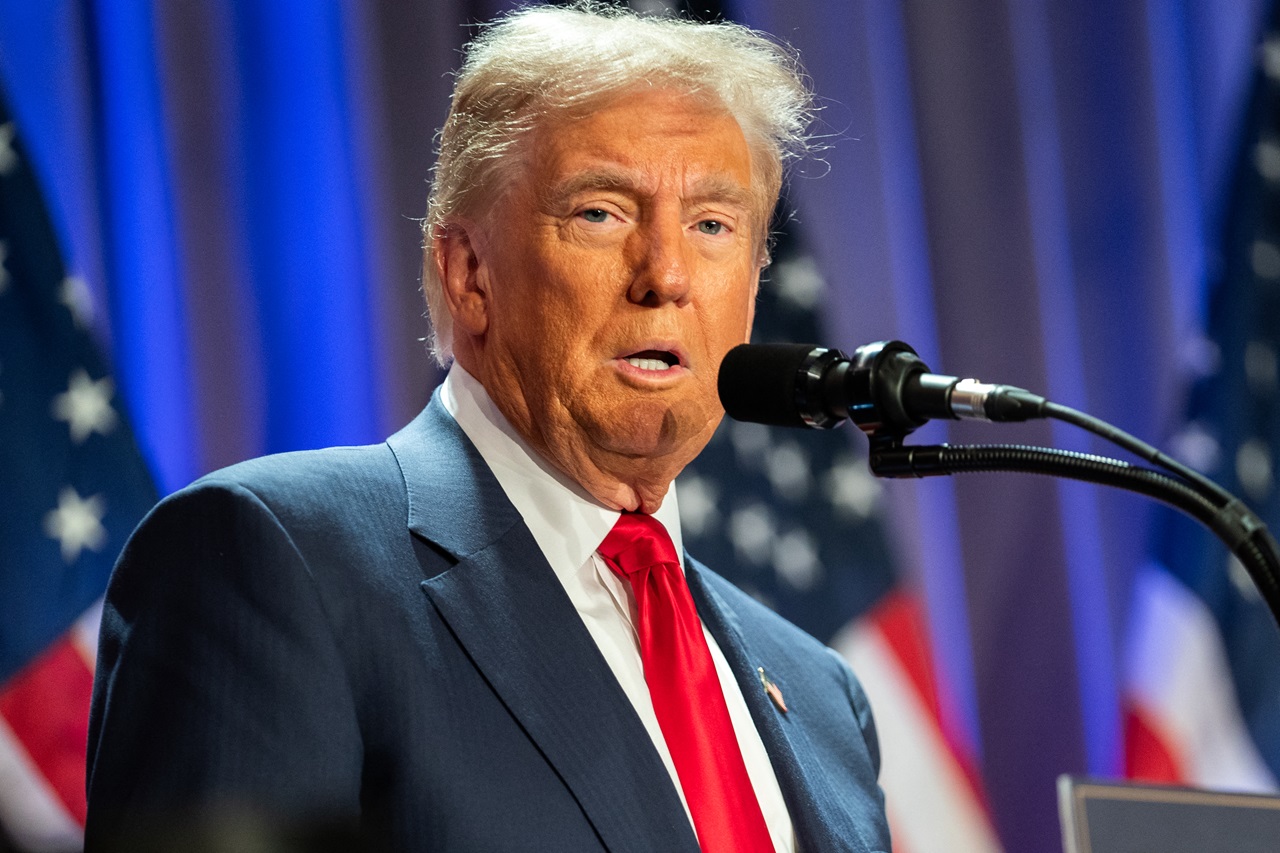
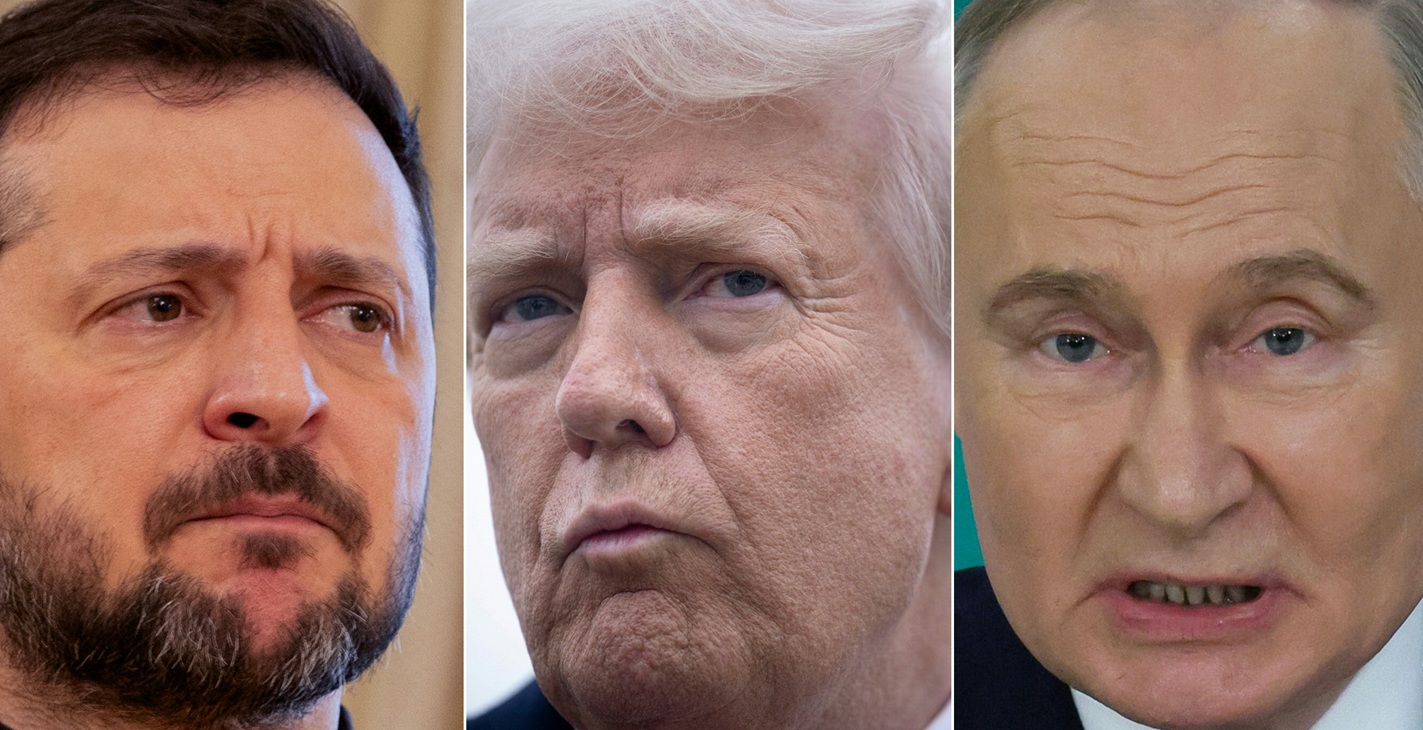

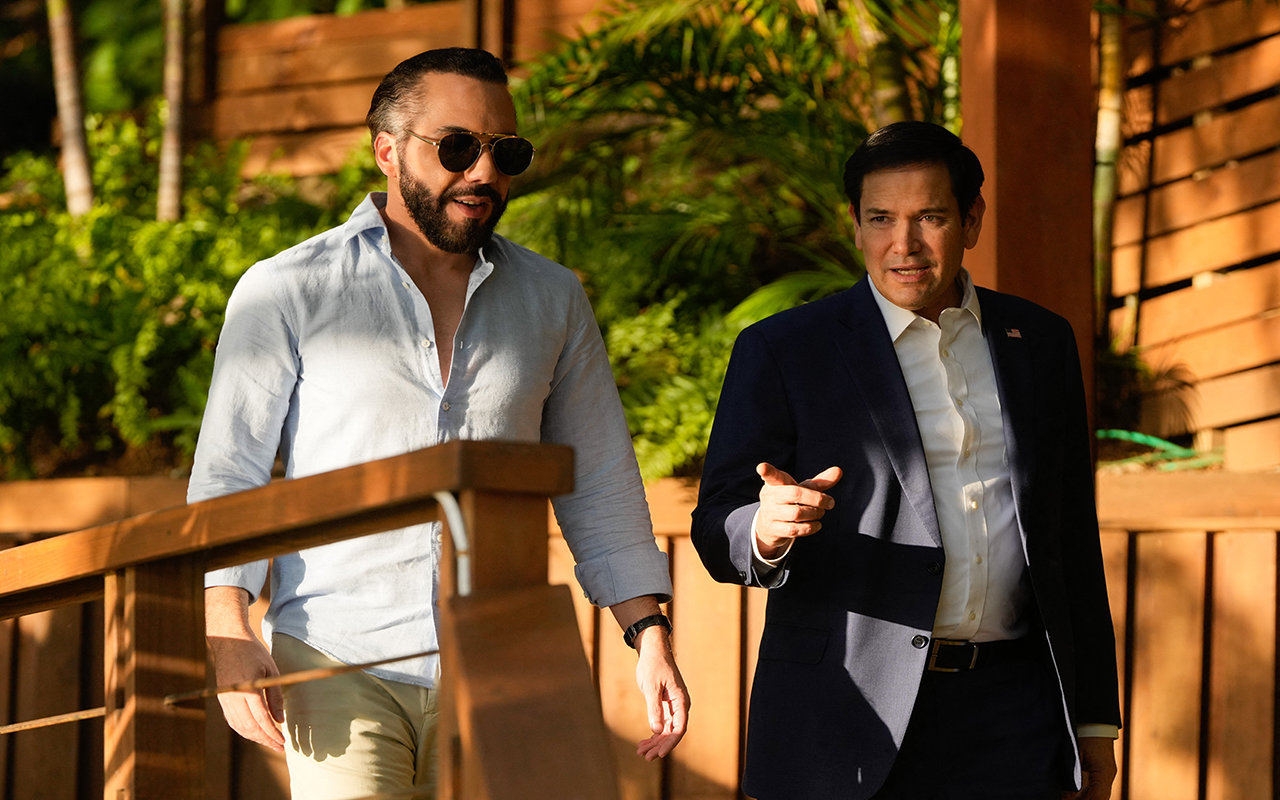

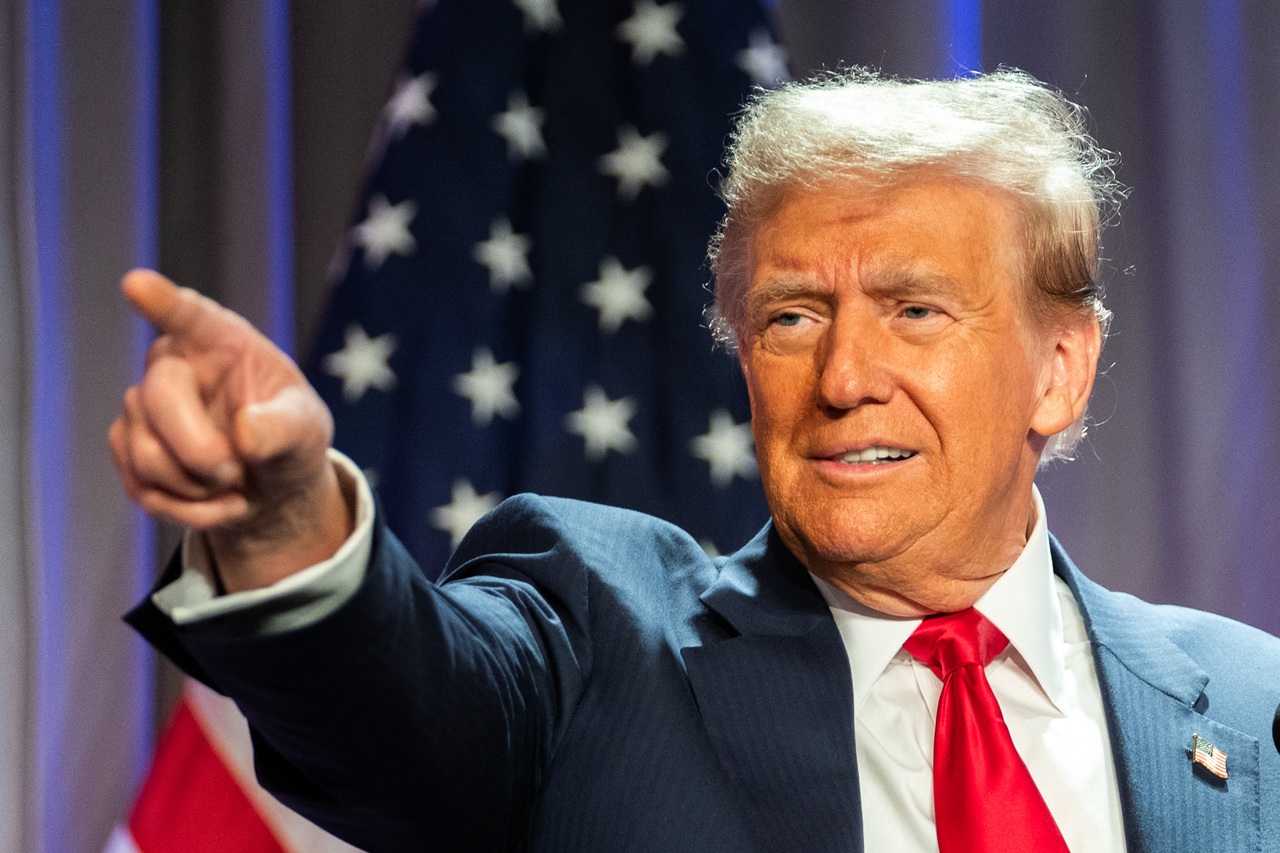
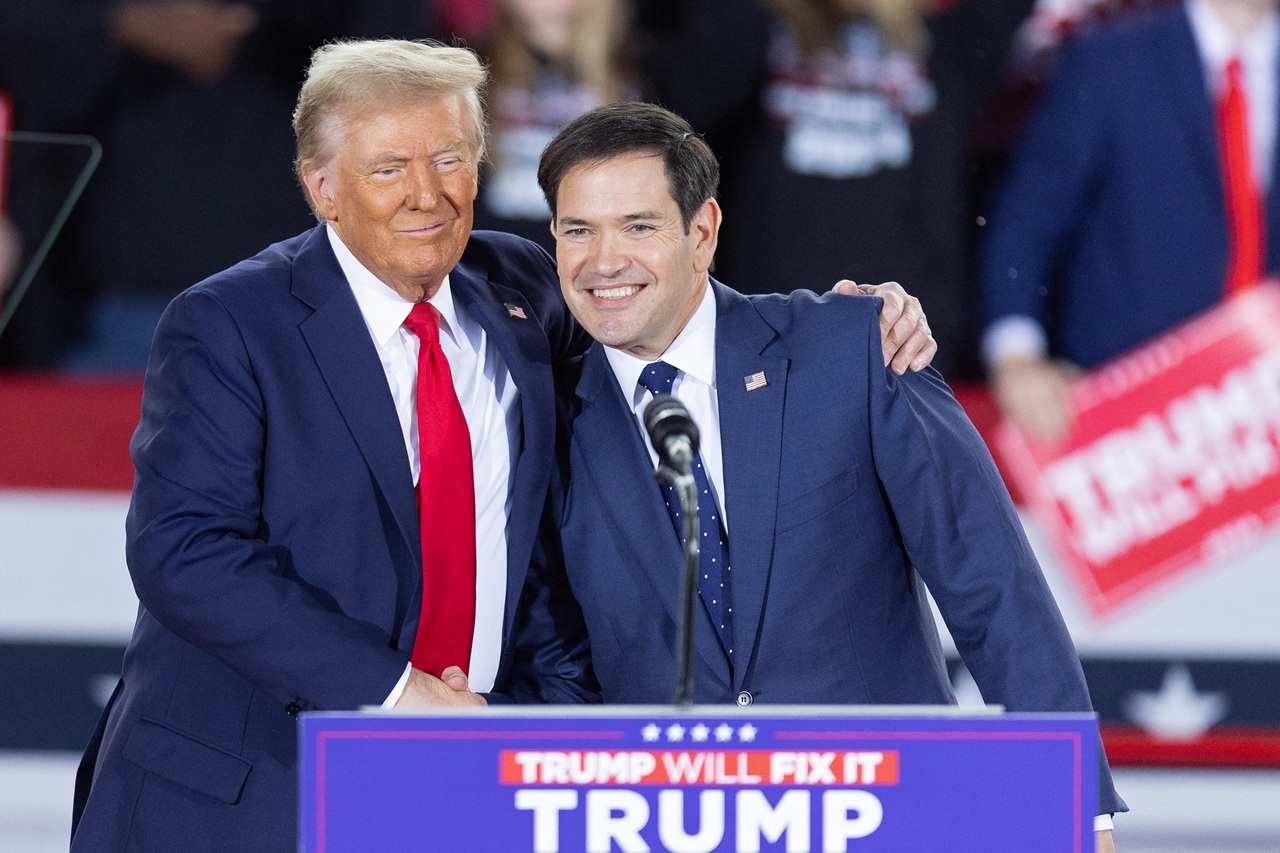


LEAVE A COMMENT: